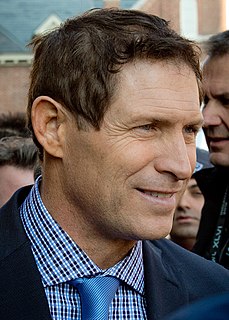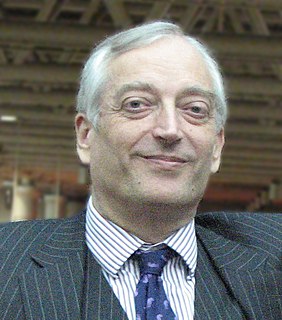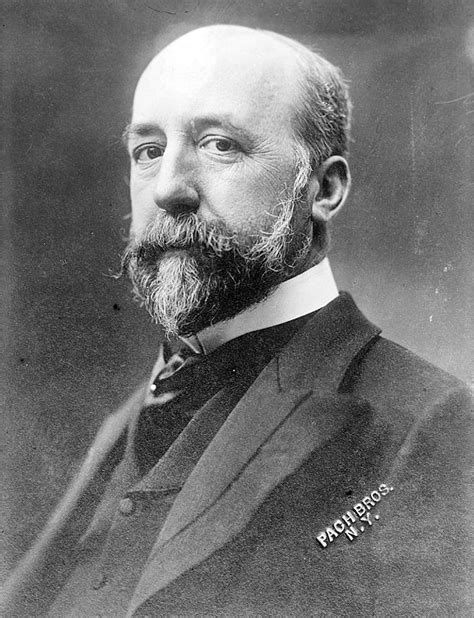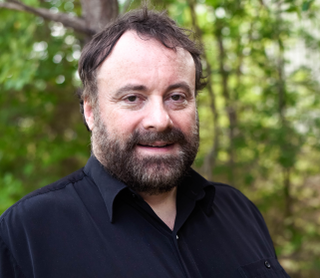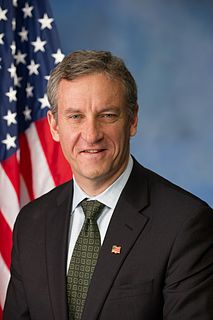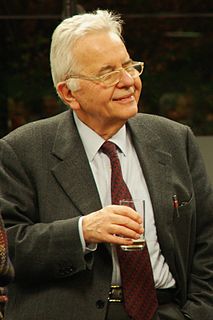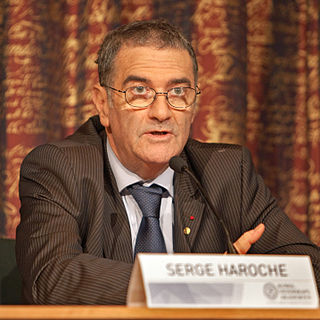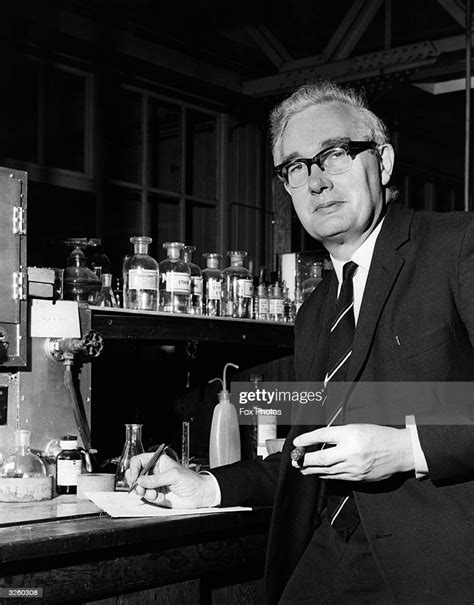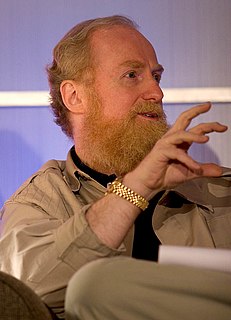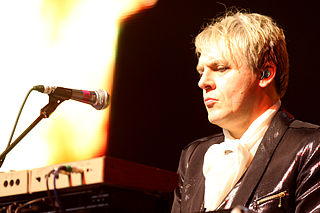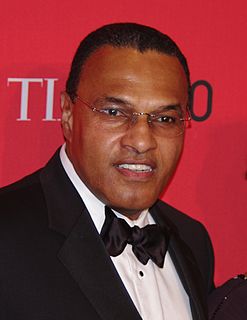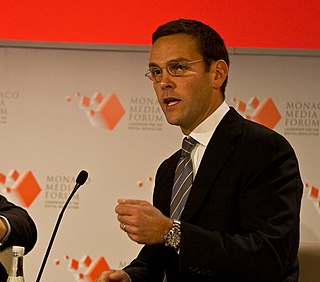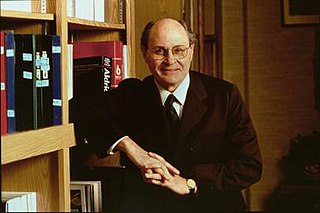Top 1200 Cognitive Science Quotes & Sayings - Page 20
Explore popular Cognitive Science quotes.
Last updated on April 19, 2025.
Love is a chemical reaction, but it cannot be fully understood or defined by science. And though a body cannot exist without a soul, it too cannot be fully understood or defined by science. Love is the most powerful form of energy, but science cannot decipher its elements. Yet the best cure for a sick soul is love, but even the most advanced physician cannot prescribe it as medicine.
It had also been my belief since I started writing fiction that science fiction is never really about the future. When science fiction is old, you can only read it as being pretty much about the moment in which it was written. But it seemed to me that the toolkit that science fiction had given me when I started working had become the toolkit of a kind of literary naturalism that could be applied to an inherently incredible present.
Being gritty doesn't mean not showing pain or pretending everything is O.K. In fact, when you look at healthy and successful and giving people, they are extraordinarily meta-cognitive. They're able to say things like, 'Dude, I totally lost my temper this morning.' That ability to reflect on yourself is signature to grit.
It is clear that everybody interested in science must be interested in world 3 objects. A physical scientist, to start with, may be interested mainly in world 1 objects--say crystals and X-rays. But very soon he must realize how much depends on our interpretation of the facts, that is, on our theories, and so on world 3 objects. Similarly, a historian of science, or a philosopher interested in science must be largely a student of world 3 objects.
But the idea of science and systematic knowledge is wanting to our whole instruction alike, and not only to that of our business class ... In nothing do England and the Continent at the present moment more strikingly differ than in the prominence which is now given to the idea of science there, and the neglect in which this idea still lies here; a neglect so great that we hardly even know the use of the word science in its strict sense, and only employ it in a secondary and incorrect sense.
I think men of science as well as other men need to learn from Christ, and I think Christians whose minds are scientific are bound to study science that their view of the glory of God may be as extensive as their being is capable. But I think that the results which each man arrives at in his attempts to harmonize his science with his Christianity ought not to be regarded as having any significance except to the man himself, and to him only for a time, and should not receive the stamp of a society.
Science ignores the spiritual realm because it is not amenable to scientific analysis. As importantly, the predictive success of Newtonian theory, emphasizing the primacy of a physical Universe, made the existence of spirit and God an extraneous hypothesis that offered no explanatory principles needed by science.


